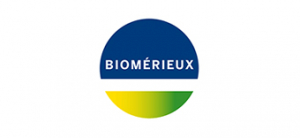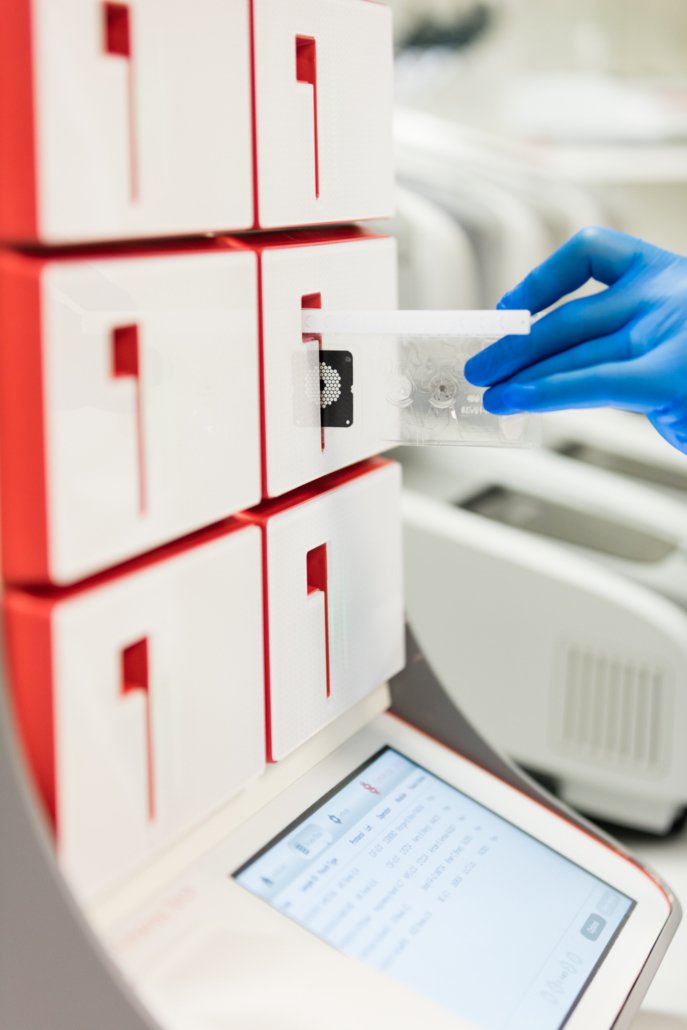Tactics to De-escalate Transmission of COVID-19 in Healthcare Facilities
Considered a dangerous, yet preventable healthcare phenomenon, healthcare-acquired infections (HAIs) put patients at risk for serious complications that can lead to sepsis or death. HAIs, also called nosocomial infections, are infections that develop in a healthcare facility while a patient is receiving medical attention. HAIs can be transmitted through person-to-person contact and can spread rapidly once they have surfaced.
As demonstrated during the rapid onset of the COVID-19 pandemic, viruses are not confined by geopolitical borders and are capable of rapid transmission. The virus has proven its ability to spread not only as a community-acquired illness, but also as an infection that can be acquired within a healthcare facility. “A review of 40 studies suggested 44% of COVID-19 cases worldwide are nosocomial.” 1 Hospital-acquired COVID-19 is a serious problem, and patients’ heightened concerns about exposure may cause a reluctance to receive medical attention when needed.2
To safeguard patient health, tactics such as increased hygiene measures, universal masking, and syndromic infectious disease testing should continue to be used to slow the rate of facility transmission and deescalate COVID-19 as a transmissible HAI.




